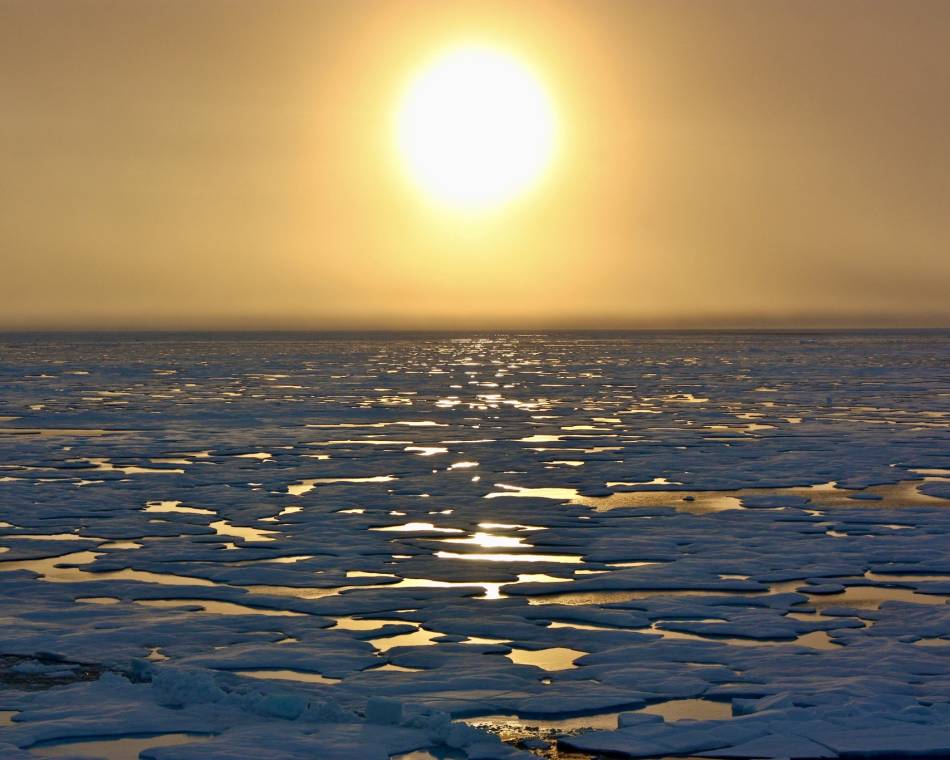UNITED NATIONS (AN) — Diplomats suspended two weeks of talks after they were unable to reach agreement on how to move forward with a proposed legally binding treaty that would protect marine species and minerals in the high seas covering 43% of Earth's surface.
After years of effort, nations' delegates again declared they were at an impasse as the intergovernmental conference — the fifth such round of talks — ended on Saturday. Proponents of the treaty had hoped to clinch a deal during the second half of August that would establish rules for protecting the world's marine biological diversity in areas beyond national jurisdiction. Talks are now set to resume next year.









